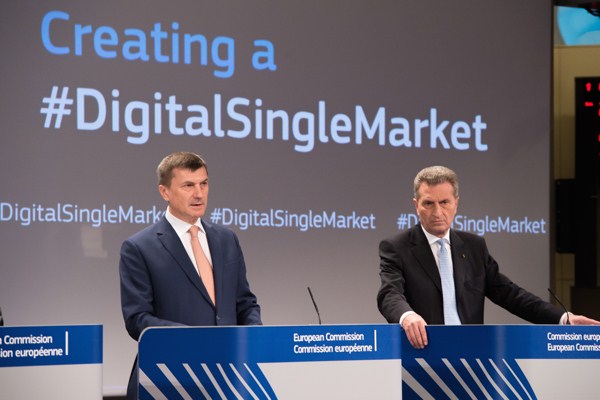Earlier this month the European Union launched its so-called digital single market, which aims to expand Europe’s digital economy through broad reforms. In an email interview, Fabian Zuleeg, the chief executive of the European Policy Center, a Brussels-based think tank, discussed the impact the new policy could have.
WPR: What are the main goals of the European digital single market?
Fabian Zuleeg: In its most basic form, the digital single market is about removing regulatory barriers, which prevent customers and businesses from fully realizing the potential of the developing Internet economy. But the ultimate goal of the digital single market goes beyond that: It is about fully realizing the benefits of the single market by using new information and communication technologies to overcome the still persistent fragmentation in the provision of goods and services across borders. To do that, there is a need to not only create the right regulatory framework at the EU level—in the technology field and beyond, including data protection—but also to provide the right framework in terms of digital infrastructure and digital skills.

